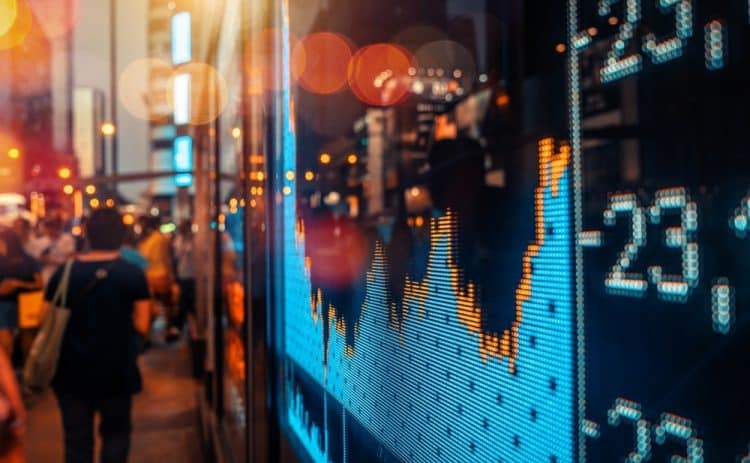
Mainstream Online Web Portal
LoginInvestors can view their accounts online via a secure web portal. After registering, you can access your account balances, periodical statements, tax statements, transaction histories and distribution statements / details.
Advisers will also have access to view their clients’ accounts online via the secure web portal.
The Point
Quick, actionable insights for investors
Global Equities
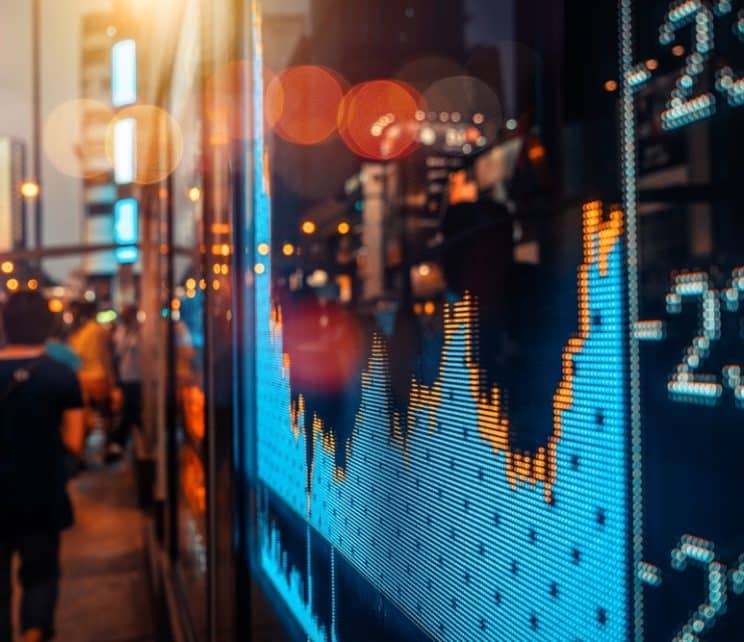
Samir Mehta: The role reversal driving equities in China and India

Samir Mehta: A stealth bull market in China means it’s time to revisit Asian equities
Quick view
Samir Mehta: A stealth bull market in China means it’s time to revisit Asian equities

Samir Mehta: Trump tariffs are unlikely to impact China’s big online retailers
Quick view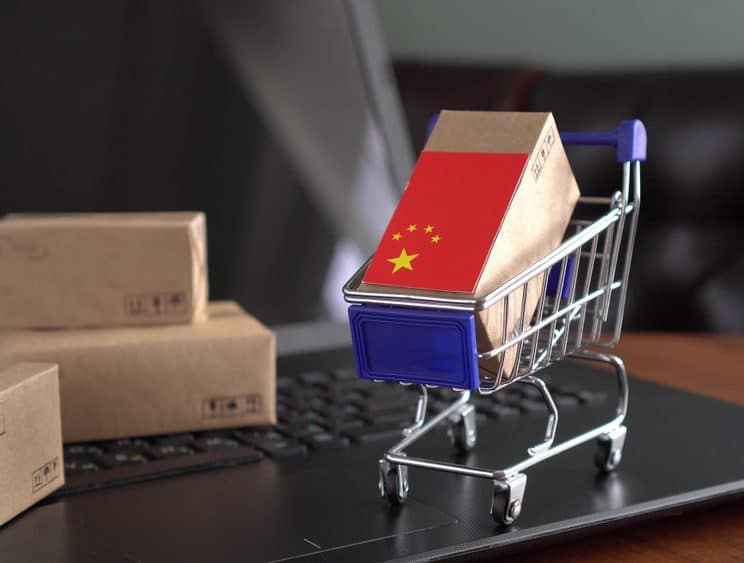
Samir Mehta: Trump tariffs are unlikely to impact China’s big online retailers
Investors should be ready for any scenario as Donald Trump weaponises trade tariffs.
This week we await the outcome of a call between Trump and Chinese president Xi Jinping to find out if tit-for-tat US-China tariffs will be paused as they were for Mexico and Canada.
But either way it would take a lot to disrupt the momentum of China’s big online retailers, argues Pendal’s Samir Mehta.
Last year China’s four big online shopping platforms – Alibaba’s AliExpress, TikTok, Shein and Temu – shipped almost $US200 billion worth of goods internationally. Of that, some $45 billion went to the US.
In anticipation of tariffs, Temu and Shein had already modified bulk shipping, diversified logistics and expanded their US networks. Meanwhile as TikTok’s future hung in the balance, Americans flocked to another Chinese app: Xiaohongshu.
“When a product provides a value proposition far superior to alternatives, tariffs might temporarily alter – but not permanently change – human behaviour,” says Samir.

Samir Mehta: How luxury stock Prada is making a fashionable comeback
Quick view
Samir Mehta: How luxury stock Prada is making a fashionable comeback

Samir Mehta: Tune in to Tencent Music if you’re looking for a hidden gem
Quick view
Samir Mehta: Tune in to Tencent Music if you’re looking for a hidden gem
WHO is the Bob Dylan of music streaming?
That’s the question Pendal’s Samir Mehta posed at the Sohn Hearts & Minds Conference in Adelaide last month.
For most, the answer is obvious: Sweden’s Spotify has revolutionised the way we consume music, dominating developed markets and setting the benchmark for subscription-based streaming.
But in investing – just like in music – real success is found beyond the obvious.
For every Bob Dylan – whose sandpaper voice and sermon-like lyrics changed the face of music worldwide – there’s a Sixto Rodriguez: overlooked by mainstream audiences until an Oscar-winning documentary, Searching For Sugar Man, revealed he had been quietly building a cult following in small but devoted markets.
“Spotify has done a brilliant job in developed markets, but there’s lots of other markets that still have potential,” says Mehta, who manages the Pendal Asian Share Fund.
“What we need to do is search for the Sugar Man of streaming.”
“Music follows exactly the same trends across the world – and the Sixto Rodriguez of streaming is China’s Tencent Music Entertainment.”

Aussie equities: How Xero and NEXTDC are leveraging AI technology
Quick view
Aussie equities: How Xero and NEXTDC are leveraging AI technology
On a tour of the US late last year, Pendal equities analyst Elise McKay met with dozens of companies – and found generative AI was a topic in almost every meeting.
“There’s strong evidence that over the longer-term generative AI will have a big impact across the business landscape,” McKay said at the time.
Six months later, investors are still entranced by the US “Magnificent Seven” tech stocks.
But several ASX-listed companies are making solid progress in leveraging the technology, points out Elise. These include cloud-based finance software maker Xero and data centre manager NextDC – both held by Pendal.
In her latest update, Elise outlines XRO’s “Just Ask Xero” AI assistant and NXT’s Nvidia-based “AI factory” which is expected to launch in coming months.
Elise also addresses one of the big issues that continues to face the AI industry – access to power.
The industry is working on solutions including better computing efficiency, improved cooling technologies and alternative power sources.
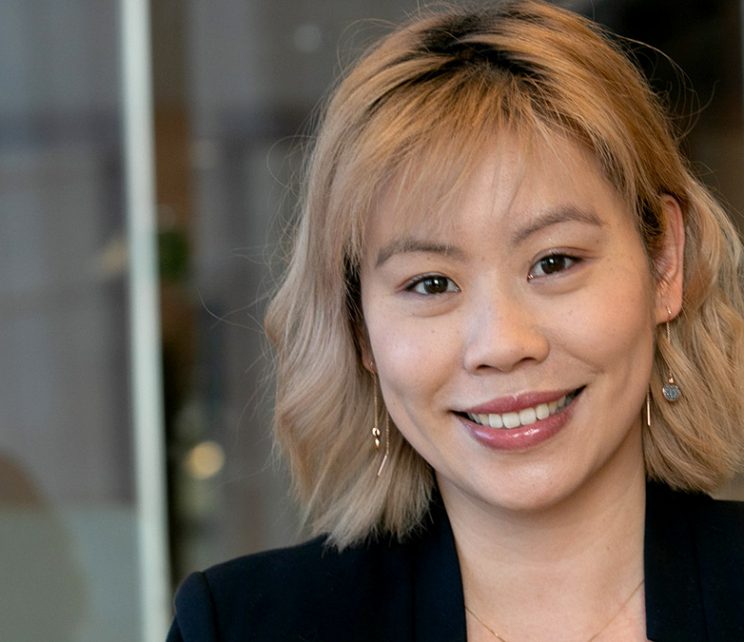
Pendal’s head of income reveals a high-conviction call and a non-consensus view for 2024
This week Pendal’s head of income strategies Amy Xie Patrick was asked in a Bloomberg webinar about her highest conviction call for 2024.
“While markets are pricing in a soft landing, I argued there would likely be a US recession in 2024,” says Amy.
“A lag in the impact of policy tightening has been evident in the slowdown of inflation and wages in recent months.
“This can be seen particularly in shifting trends in the labour market. The most obvious signal is a falling ‘quits rate’, signalling workers are becoming less confident about alternative job prospects.
“In my view, lagged effects will continue to appear in the data next year – and as we all know from history, recessions happen slowly, then suddenly.
“Likely in the second half of next year markets will realise disinflation is no longer immaculate – and is being caused by recessionary forces.”

Elise McKay: Don’t be fooled into thinking AI has run its course
Quick view
Elise McKay: Don’t be fooled into thinking AI has run its course
Sentiment has dipped on the US mega-tech stocks, but it would be a mistake to believe the AI theme has run its course.
That’s the view of Elise McKay, an analyst with Pendal’s Aussie equities team, who’s just returned from a US tour where she met with dozens of companies.
AI was a topic in almost every meeting, Elise says.
“AI is not a fad. Economic wobbles and geo-political uncertainty may have contributed to a recent sell-off in the Nasdaq.
“But there’s strong evidence that over the longer term generative AI will have a big impact across the business landscape.”
Today’s winners may not be the winners of the future though, Elise says.
For example, Nvidia is now an AI infrastructure winner because its chips are in high demand for resource-intensive AI training.
But there are signs market growth is shifting from training to “inferencing”, which requires less computing power.

China’s economy is showing signs of recovery. Here’s how our fixed income team is responding
Quick view
China’s economy is showing signs of recovery. Here’s how our fixed income team is responding
Recent data suggests China’s economic activity could be starting to stabilise.
Monthly industrial output sped up and retail sales grew faster than expected. Is this a turning point in the economic cycle?
That remains to be seen, cautions Pendal’s head of income strategies Amy Xie Patrick, who has taken a close look at the latest signals.
“It’s been only a few months since hopes for a re-opening led boom in economic activity were dashed,” says Amy.
“We think activity is now stabilising on a cyclical basis, and China’s economy can continue to gradually recover into the end of the year.
“But structural drags on the economy are heavy and deep-rooted.”
Amy has just published an article covering the strength of the recovery, structural issues and implications for global growth and investing.
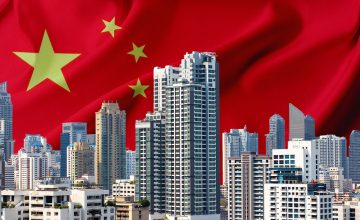
Another Chinese property developer is in trouble. Here’s what it means
Quick view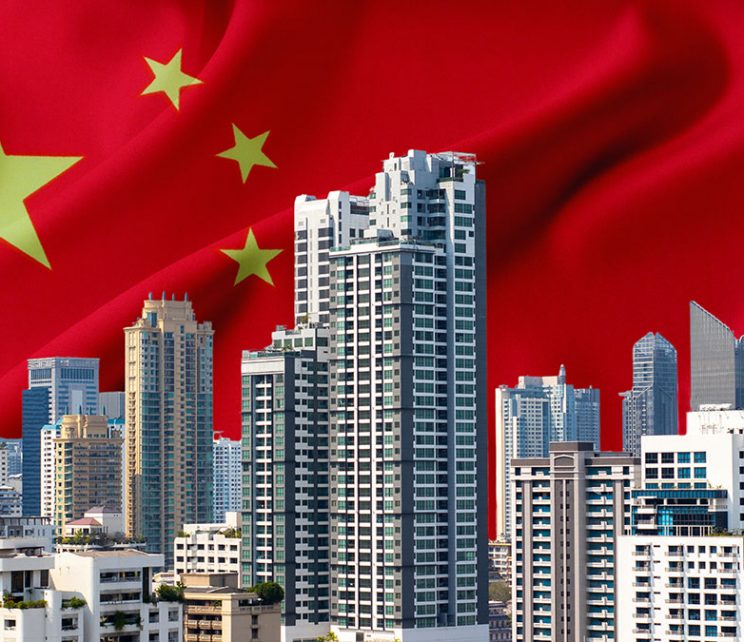
Another Chinese property developer is in trouble. Here’s what it means
China’s property sector woes continued this week as another big property developer found itself in trouble.
Country Garden – China’s biggest property developer based on last year’s contracted sales – missed US$22.5 million in payments on two bonds.
The company is described as facing “periodic liquidity stress“.
Country Garden will probably find enough money to pay the coupon within the 30-day grace period, says our head of income strategies Amy Xie Patrick.
But it needs another $US2 billion for other payments, plus cash to complete pre-sold projects.
As the confidence crisis in the property sector deepens in China, levered property developers need strong new pre-sales to complete older pre-sales.
But monthly sales are well down on 2021 down and still falling.
“This is what is causing the ‘periodic liquidity stress’ – though I would describe it as existential rather than periodic,” says Amy.
Here Amy explains the detail and what it means for the global outlook
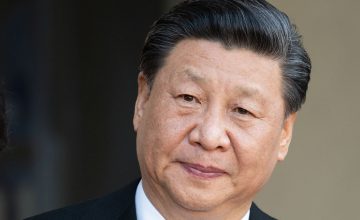
Amy Xie Patrick: The market’s getting excited about China again, but it may be premature
Quick view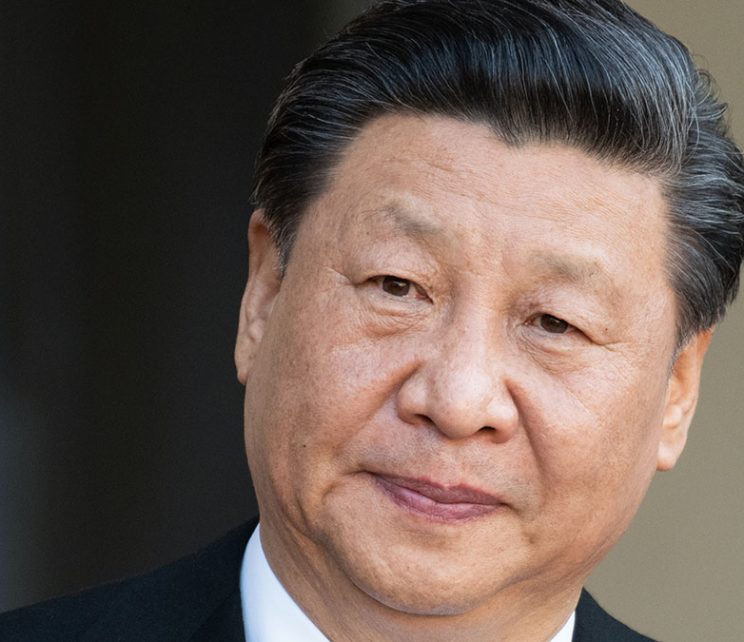
Amy Xie Patrick: The market’s getting excited about China again, but it may be premature
THE latest message from China’s top decision-making body caused a stir this week when investors noted softer language on property.
For the first time since 2016, President Xi Jinping’s signature slogan that “houses are for living, not for speculation” was missing from a note that followed a Politburo meeting.
That got the market excited about the potential for a meaningful China stimulus push via the property sector.
But the market is getting ahead of itself, says Pendal’s head of income strategies Amy Xi Patrick.
“The line has likely been dropped because it’s simply no longer needed. Buyers are no longer speculating. They are actively selling in an attempt to exit the property game altogether.”
Amy believes there is no silver bullet for the Chinese economy.

Why we’re seeing a change in leadership among Emerging Markets countries
Quick view
Why we’re seeing a change in leadership among Emerging Markets countries
Loading posts...
Loading posts...













